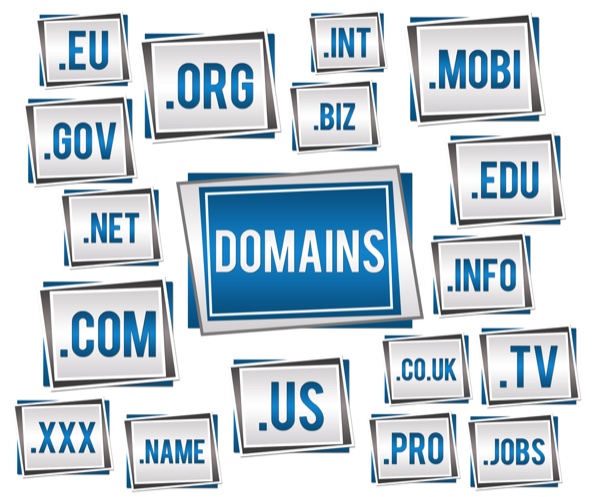Do’s and Don’ts of Purchasing a Domain Name
A domain name is simply the name of a person’s or organization’s website. It is the web equivalent of a business name. However, a number of domain names can point to one website through a process called URL forwarding.
Finding the right domain name for an organization’s website is just as critical as coming up with a business name. Getting the perfect domain names can be an arduous task, and mistakes can potentially have costly implications. Here are some do’s and don’ts of purchasing a domain name:

Using locations and keywords
If one’s business is concentrated on a particular geographic region, it is useful to include the location and the keyword in the domain name. For example, if it is a bakery in the Cleveland, one can use www.Clevelandbaker.com. This way, the website will show up on searches for both ‘Cleveland’ and ‘baker’.
Registering as a domain owner
It is extremely important for the purchaser of a domain name to ensure that they are both the domain owner and the administrative contact. If it is a business website, it should be registered under the name of the business owner. This is especially important when one is buying the domain name through a reseller and not from a domain name registrar.
It is also crucial for a business owner to ensure that an employee or a webmaster does not register as the owner of the business domain. If that happens, the business owner may not able to get first-hand important information like the expiry of the domain .Further, there may be complications if the employee leaves the company and the owner cannot access the domain. Such scenarios can even lead to loss of the domain.
Domain renewal
It is important to ensure that the email address linked to the account of the domain buyer is valid. To make this easier, one can establish an auto-renewal arrangement and link it to their credit card. This way, renewal is done automatically and the domain name cannot be lost because of forgetting to renew as required.
Favoring dotcom
Many people assume that domain names end with dot com. Therefore, purchasing a domain name with other extensions (also called top level domains or TLDs) such as dot org or dot net may require additional efforts to ensure that people remember it, especially for a small business. However, dot com domain names are hard to get and are also more expensive than other extensions such as dot org. In the recent past, country code extensions (also called ccTLDs) have also become popular.
Simplified domain names
Whereas it is advisable to optimize a website for search engines, it is essential to get a domain name that is easy for people to type and remember. This means avoiding the usage of such elements as oddly spelt words, complicated characters such as multiple hyphens, dashes and numbers. Further, using a number such as ‘0’ is tricky since it can appear to be letter ‘o’.
One should also steer clear of long domain names and acronyms. For example, a name with more than fifteen characters may be too long. This will not be easy for people to remember and there is the likelihood of misspelling it.
Social media
After picking a name, it is advisable to see if it is available for use on social media platforms such as Twitter, Google+, Facebook or YouTube. It is good to know if the name is available even if one is not planning on using these platforms immediately. It is convenient to use the same name on each of the various sites.
Slang terms
When purchasing a domain name, one should refrain from picking a name that may not be meaningful in future-for example, in the next ten years. Therefore, a person should opt for a name that will be remembered and understood by non-native speakers. This is beneficial, whether or not the potential buyer of a domain name intends to go international.

Domain similarity
Doing some research is essential when buying a domain name. One should avoid buying a domain whose name is too similar to the trademark of another company. This also means avoiding plurals where the singular has already been taken or adding a preposition such as ‘my’ before the domain name. This will help to minimize chances of potential trademark or trade-name infringement lawsuits.
Checking domain existence using a browser
It is unwise to casually check if a domain exists using a browser window. This is because an individual may be exposed to domain name front running. This is a practice where unscrupulous computer experts monitor and then quickly register a domain name that a person has inquired about. The prospective buyer of such a domain will therefore be forced to buy it for a much higher price. To forestall such an occurrence, one should only go to the registrar they plan to buy from.
There are also unethical domain name registrars who register domain names that are entered in their search box. The domain names are then sold at a premium. To be safe, it is prudent to use well-established and reputable registrars.

Robert is all about making the complex seem simple. He distills knowledge from diverse fields into bite-sized, easy-to-digest pieces. Join him for practical tips, life hacks, and a friendly chat.





